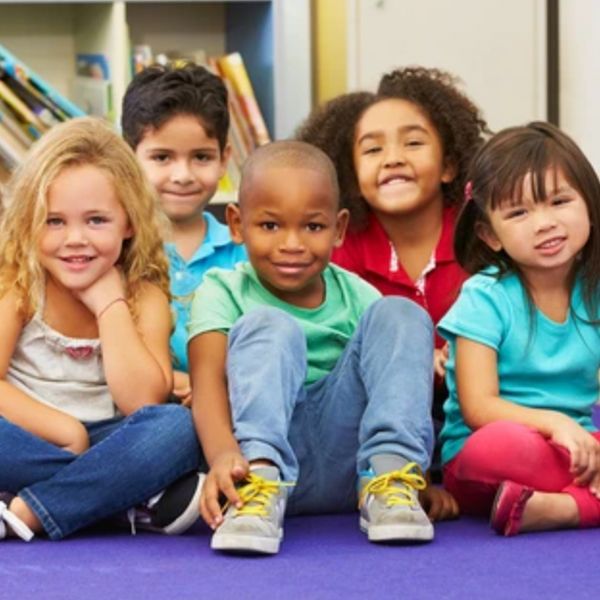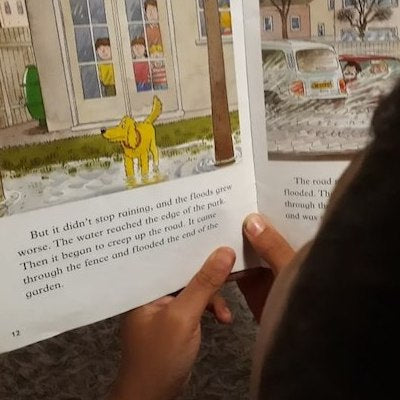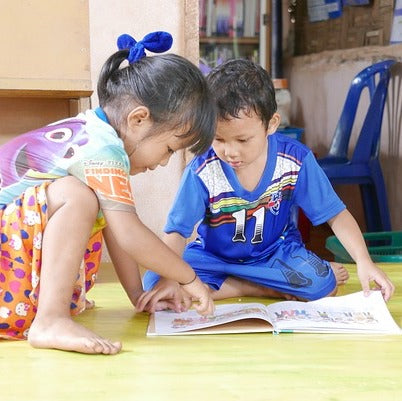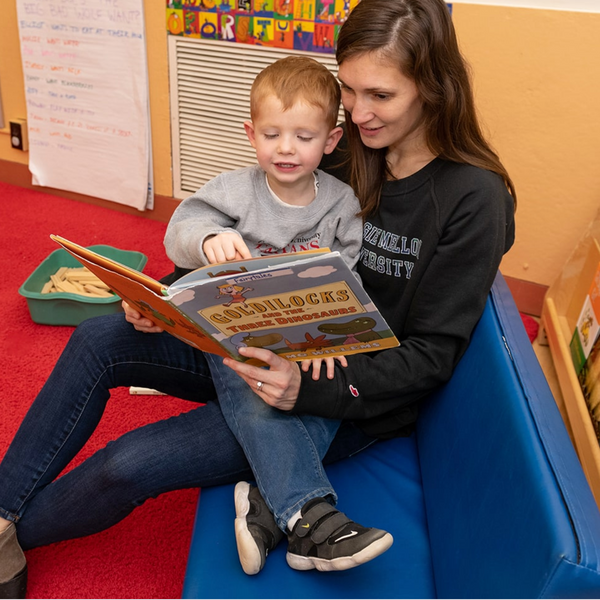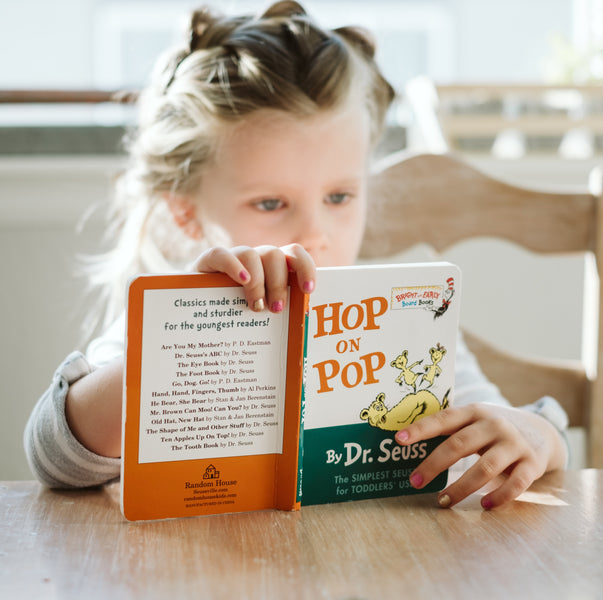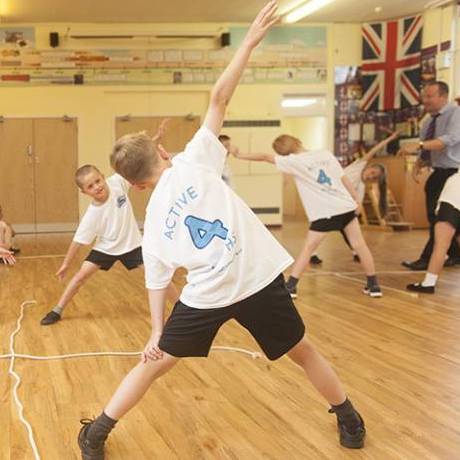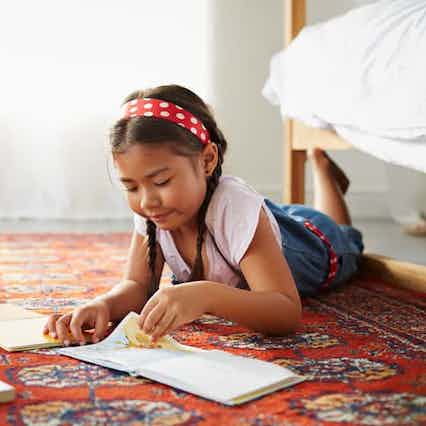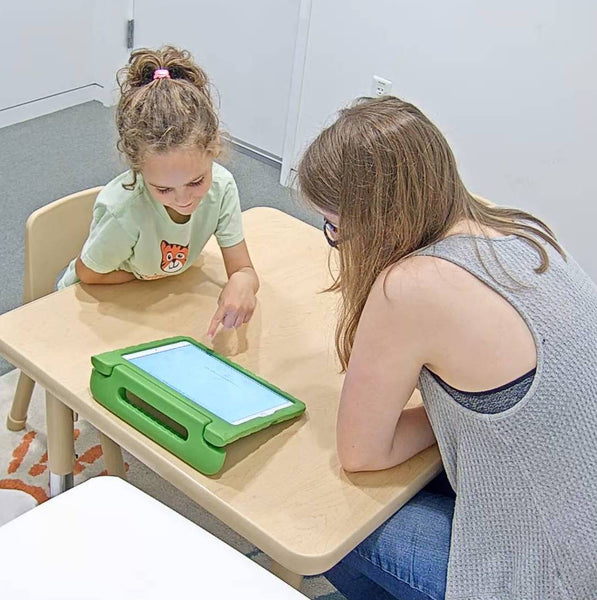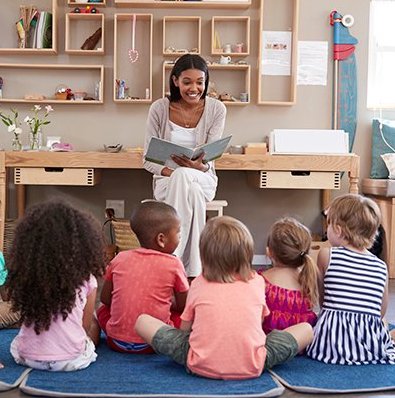Research -- StepUp to Learn
Achievement Gaps May Explain Racial Overrepresentation in Special Education
School districts may be flagged as over-identifying students of color as having disabilities when other factors, such as achievement gaps, may explain these disparities.
Researchers Gather Most Promising Interventions Addressing 'Word Gap'
Researchers bring together 18 language-intervention research and empirical studies that address the word gap, the inequities in early experience with language that can place some children at a disadvantage.
Do Girls Read Better Than Boys? If So, Gender Stereotypes May Be to Blame
Researchers examined the relation between classmates’ gender stereotypes and individual students’ reading outcomes to shed light on how these stereotypes contribute to the gender gap in reading.
High-Quality Teacher–Child Interactions Predict Children's Learning Outcomes
Most early childhood instructional alignment initiatives focus on the use of curricula, instructional practices, learning standards and assessments. But is it enough?
When It's Story Time, Animated Books Are Better for Learning
Digital storybooks that animate upon a child's vocalization offer beneficial learning opportunities, especially for children with less developed attention regulation.
Here's How You Help Kids Crack the Reading Code
Learning letter-sound correspondences early in the first year of school creates the best possible foundation for breaking the reading code.
Physical Activity in Lessons Improves Students' Attainment
Students who take part in physical exercises like star jumps or running on the spot during school lessons do better in tests than peers who stick to sedentary learning.
Finding Upends Theory About the Cerebellum's Role in Reading and Dyslexia
New research shows that the cerebellum is not engaged during reading in typical readers and does not differ in children who have dyslexia.
A lack of background knowledge can hinder reading comprehension
Researchers found that a knowledge threshold may be an essential component of reading comprehension.
The ‘Blowfish Effect’: Children Learn New Words Like Adults Do
Even young children know what typical dogs and fish look like — and they apply that knowledge when they hear new words.
Preschool Teachers Aren't Asking Challenging Questions
UTHealth study reveals that preschool and kindergarten teachers ask too many simple questions and offer ideas on how to enhance student learning.
Reading With Toddlers Reduces Harsh Parenting, Enhances Child Behavior
People who regularly read with their toddlers are less likely to engage in harsh parenting and the children are less likely to be hyperactive or disruptive.

